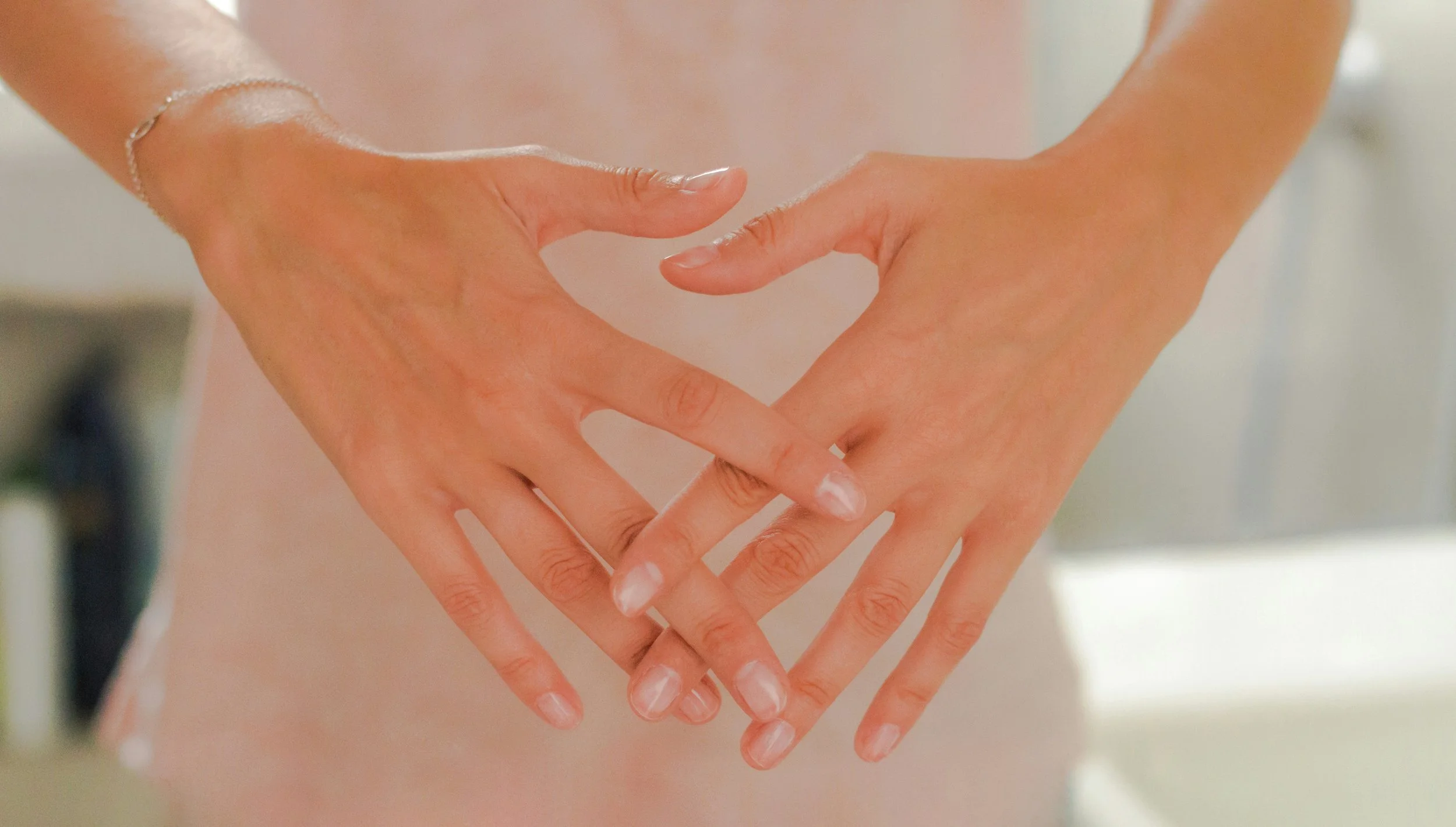
Offerings
At the heart of Sarah Elia’s practice is a commitment to restoring comfort, confidence, and quality of life. With over 25 years of experience and advanced training in pelvic health, Sarah provides compassionate, evidence-based care for a wide range of pelvic floor and musculoskeletal conditions.
-

Pelvic Floor Rehabilitation
Pain
pelvic, perineal, vaginal, rectal, penile, testicle, tailbone, urethral, bladder, abdominal, endometriosis, pudendal neuralgia
Bladder
urinary incontinence, urinary hesitancy, urinary urgency/frequency, IC (interstitial cystitis)Bowel
constipation, fecal incontinence, fecal smearing, incomplete emptying, slow motilitySexual health concerns
dyspareunia (painful sex), vaginal dryness, pelvic floor tightness/weakness, education in vaginal dilators/vibrators, erectile dysfunctionPelvic organ prolapse
cystocele, rectocele, uterovaginal, urethral cystocele, enterocelePeri/Post Menopause support
vaginal dryness/discomfort, dyspareunia (painful sex), education in vaginal lubricants/moisturizers, education in vaginal dilators, education in muscle and strength maintenanceOncological support
post chemotherapy/radiation carePost Surgical care
hysterectomy, endometriosis, post prostatectomy -

Specialized Techniques
Pilates-based rehabilitation
for core strength, stability, and postureManual therapy and myofascial release techniques
cupping, jade stone, Graston technique, visceral mobilization, kinesiotapingIntegrative dry needling
for pelvic and musculoskeletal pain
conditions that could benefit;
head/neck pain, tension headaches, TMJ (temporomandibular joint), rotator cuff/shoulder pain, low back pain, hip/knee pain, foot/ankle pain, plantar fasciitisIDN is a specific clinical technique for musculoskeletal pain and human movement dysfunction. This is NOT acupuncture. It involves inserting a thin, solid filiform needle into specific points in the muscle and connective tissue to reduce muscle tension/spasm, improve blood flow and decrease pain by influencing both local tissue and the nervous system.
(3) Types of Neuro-Trigger Points:
1.Homeostatic Neuro-Trigger points
2.Paravertebral Neuro-Trigger points
3.Symptomatic Neuro-Trigger points -

Pregnancy & Postpartum Care
Prenatal pelvic floor preparation
Postpartum recovery
C-section and vaginal birthpelvic organ prolapse care
Core and pelvic stability restoration
Diastasis recti rehabilitation
-

Orthopedic & Musculoskeletal Care
Low back pain
SI Joint pain, hip pain, pelvic girdle painPost surgical rehabilitation
related to pelvic/abdominal surgeriesReturn to activity programs
for active individuals